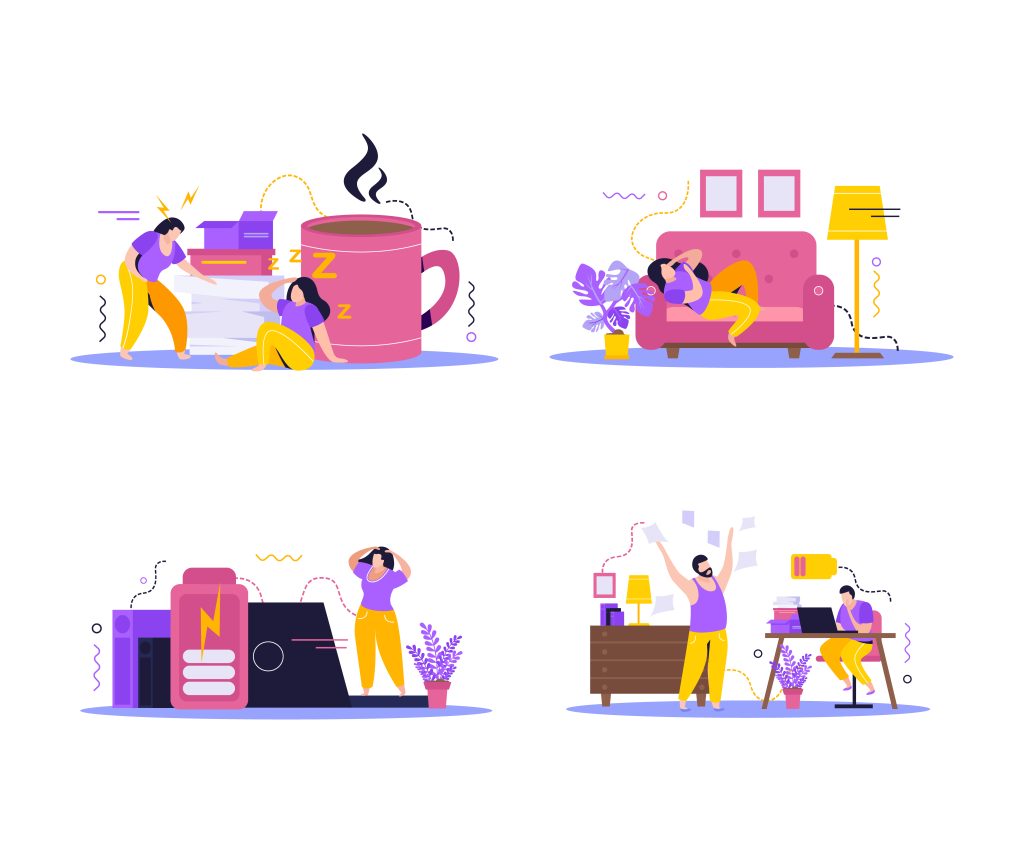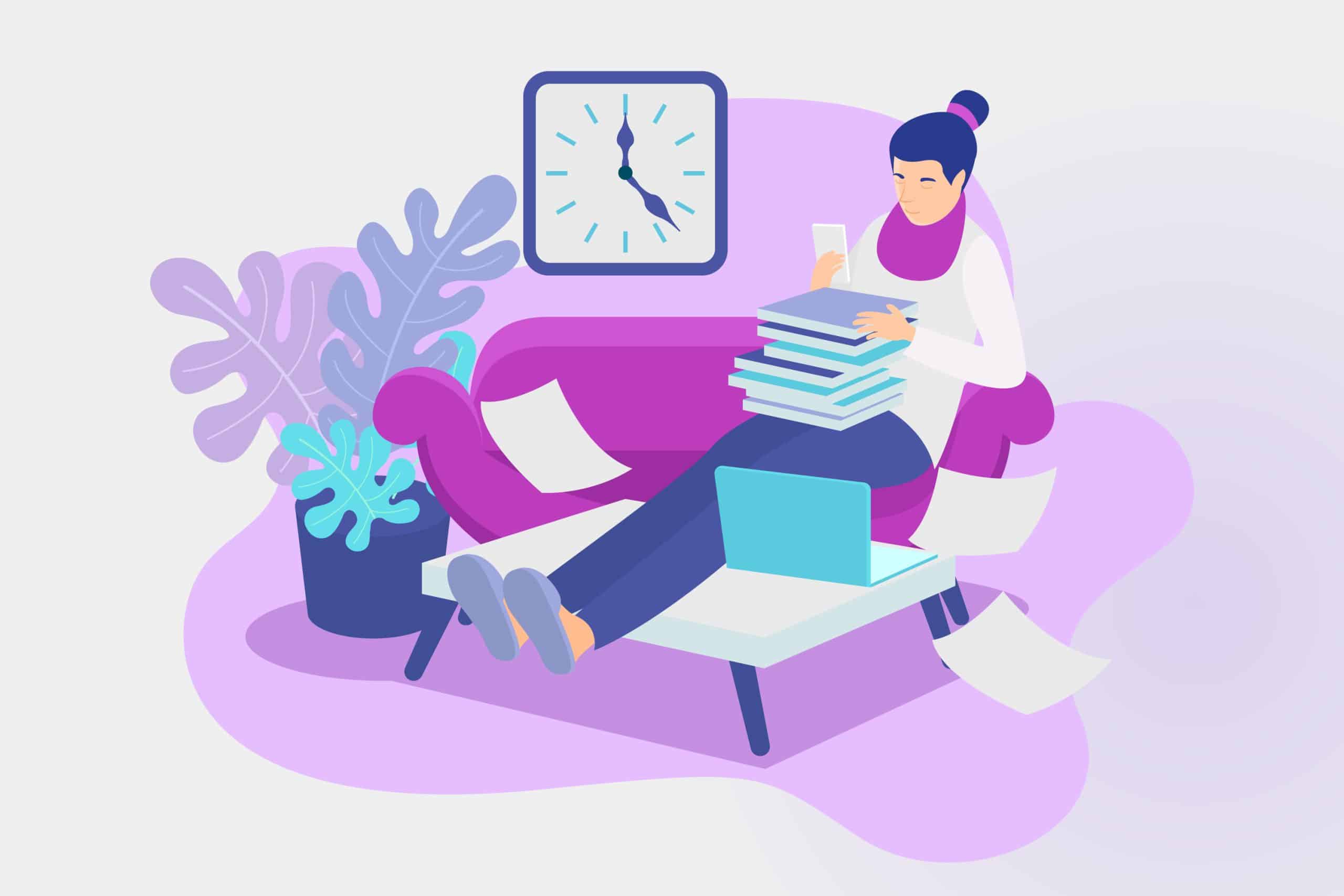Clutter is more than just a visual nuisance—it’s a reflection of our inner world. When our physical space feels out of control, it often mirrors what’s happening mentally and emotionally. To regain clarity and focus, it helps to understand the psychology behind clutter and learn actionable ways to reduce it.

Why Clutter Affects Mental Health
Psychologists have found a strong link between clutter and stress. Visual chaos overwhelms the brain, making it harder to focus, process information, or relax. In fact, research shows that people who describe their homes as “cluttered” are more likely to experience:
- Higher levels of cortisol
- Poorer sleep quality
- Increased anxiety or depression
Explore how clutter impacts your stress response.
The Emotional Roots of Clutter
The psychology behind clutter often ties into emotional attachment, fear of letting go, or identity. People may hold onto things because:
- They fear they might need it “someday”
- The item is linked to a memory or relationship
- Getting rid of it feels like a failure or waste
Understanding these patterns is the first step to releasing them.
Learn how to build habits around decluttering.
How to Reframe Your Relationship With Stuff
To make decluttering easier, try shifting your mindset:
- Focus on what you want to keep, not just what to throw out
- Ask: “Does this support who I am now?”
- Replace guilt with gratitude when parting with items
This mental shift helps reduce emotional resistance.
Use Small Wins to Build Decluttering Momentum
Decluttering doesn’t have to be an all-day event. In fact, starting small often works best:
- Set a timer for 15 minutes
- Tackle one drawer or shelf at a time
- Celebrate each completed area
Momentum builds confidence—and results.
Try a simple decluttering plan that works.
When to Seek Support
Sometimes, clutter is linked to deeper challenges like ADHD, depression, or trauma. If it feels overwhelming:
- Consider working with a professional organizer
- Speak with a therapist about your emotional attachment to items
- Use apps or support groups that focus on decluttering and minimalism
Asking for help is a sign of progress, not failure.
Final Thoughts: Clutter Isn’t Just About Stuff
Understanding the psychology behind clutter gives you a roadmap for real change. With empathy, consistency, and smart strategies, it’s possible to create a home—and a mind—that feels clear, functional, and calm.
Discover more tips for a well-balanced home.
References:
Psychology Today (2024) Why Clutter Makes Us Anxious. Available at: https://www.psychologytoday.com (Accessed: 13 May 2025).
Mayo Clinic (2023) Clutter and Mental Clarity. Available at: https://www.mayoclinic.org (Accessed: 13 May 2025).
Harvard Health Publishing (2024) How Decluttering Helps Mental Health. Available at: https://www.health.harvard.edu (Accessed: 13 May 2025).






